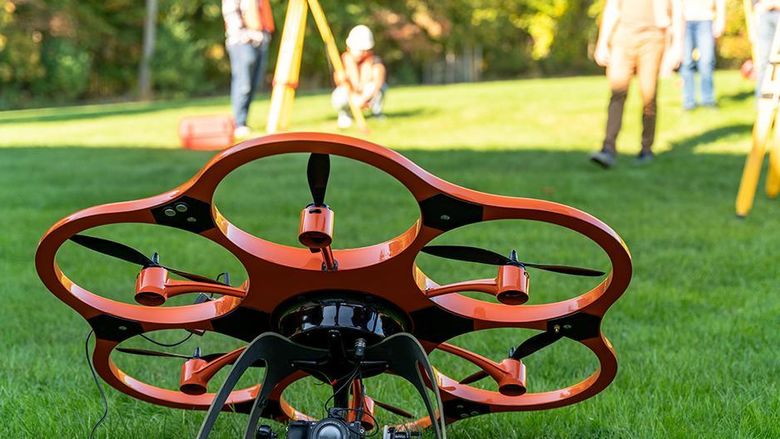Since Penn State offers both a two-year associate degree in Surveying Engineering Technology and a four-year baccalaureate (bachelor’s) degree in Surveying Engineering, many students wonder what are the main differences between the programs. This can best be explained by the intent of the programs and a view of the profession. The two-year Surveying Engineering Technology program provides the students with the technical skills using traditional surveying instruments and the computational skills to solve problems typically encountered in boundary and construction surveying. The first two years of both the Surveying Engineering and Surveying Engineering Technology programs share these courses. Additionally, the four-year Surveying Engineering Program goes into greater depth in the legal and professional aspects of land surveying, covering subjects such as photogrammetry, laser scanning, unmanned aerial systems (UAS), geographic information systems, geodesy, global positioning systems, stormwater management, and land subdivision design. It also has greater depth in the basic sciences and mathematics, providing the students with the skills to solve tomorrow’s problems.
The Penn State programs have courses covering both breadth and depth in the surveying field. Students can specialize in boundary surveying, geodesy, image analysis (photogrammetry and remote sensing), and geographic information systems. Most of the courses involve student projects. And in the past three years, five students have published papers in nationally recognized journals. Striving for excellence is a hallmark of the Penn State Surveying Engineering program.
Please note: Many U.S. states and territories require professional licensure/certification in order to be employed, and in some locations a baccalaureate degree is required for licensing. Read more about licensing requirements and how licensing is obtained in Pennsylvania.









